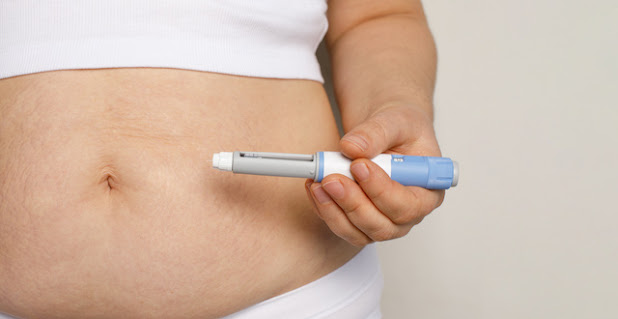How Can A Dermatologist Treat Acne Scars?
Acne scars can linger long after breakouts fade, leaving behind physical reminders that affect not just your skin—but your confidence too. Whether you're dealing with deep pitted scars or uneven pigmentation, the good news is that help is available. If you’re searching for real, lasting results, the Best Dermatologist in Dubai can guide you through proven, science-backed treatments tailored to your skin's unique needs.
Understanding Acne Scars
Before diving into treatments, it’s essential to understand the types of acne scars. Not all scars are created equal, and the right treatment depends on the kind you have. Common types include:
-
Atrophic scars: These are shallow depressions caused by a loss of collagen and come in varieties like boxcar, rolling, and icepick scars.
-
Hypertrophic scars: Raised, thickened tissue formed when the skin overproduces collagen.
-
Post-inflammatory hyperpigmentation (PIH): Dark spots left behind after acne heals, more common in people with darker skin tones.
Knowing your scar type helps dermatologists create a personalized treatment plan that actually works.
How Dermatologists Treat Acne Scars
Dermatologists use a variety of advanced techniques to target acne scars at the root. Here are some of the most effective options:
1. Laser Treatments
Laser therapy is one of the most popular and effective ways to reduce the appearance of acne scars. Fractional lasers and ablative lasers resurface the skin by targeting scarred tissue and stimulating collagen production. Results often show smoother, more even-toned skin over time.
2. Microneedling
Microneedling involves tiny, controlled punctures in the skin using fine needles. These micro-injuries encourage the body to heal itself by producing more collagen and elastin. It’s especially effective for atrophic scars and can be paired with serums or platelet-rich plasma (PRP) for enhanced results.
3. Chemical Peels
Customized chemical peels exfoliate the top layer of skin, improving texture and reducing pigmentation. Light peels work on surface-level discoloration, while deeper peels target more stubborn scarring. Your dermatologist will choose the right type based on your skin sensitivity and scar severity.
4. Dermal Fillers
For deep, pitted scars like boxcar or rolling types, dermal fillers can provide immediate improvement. These injectables raise depressed areas to match the surrounding skin level, offering smoother texture. Though temporary, fillers can be an excellent part of a comprehensive treatment plan.
5. Subcision
Subcision is a minor surgical procedure where a needle is used to break up the fibrous bands pulling the scar down. This release allows the skin to rise and appear more even. It’s particularly effective when combined with other treatments like microneedling or laser.
6. Topical Treatments
For less severe scarring or to support in-office procedures, dermatologists may prescribe medical-grade topical creams. These often contain retinoids, hydroquinone, or azelaic acid to encourage cell turnover and fade pigmentation.
Why Professional Treatment Matters
While over-the-counter products and home remedies might offer minor improvements, nothing compares to a tailored plan from a certified professional. A Dermatologist Dubai assesses not just your scars, but your skin type, tone, and overall health to create a strategy with optimal results.
Final Thoughts
Acne scars can feel like a lasting mark from your skin’s past—but they don’t have to be permanent. With the right approach, professional guidance, and patience, you can achieve noticeably smoother, healthier-looking skin. Whether you're dealing with deep indentations or stubborn discoloration, there's a solution out there for you.


.jpg)


Comments
Post a Comment